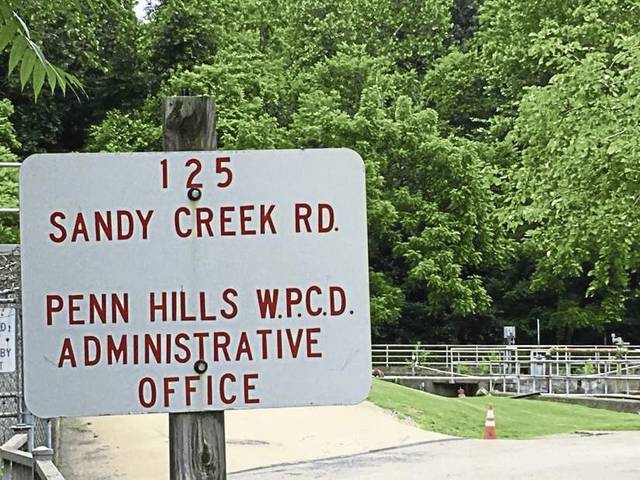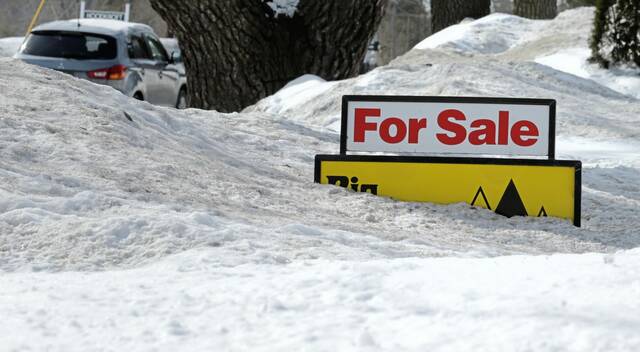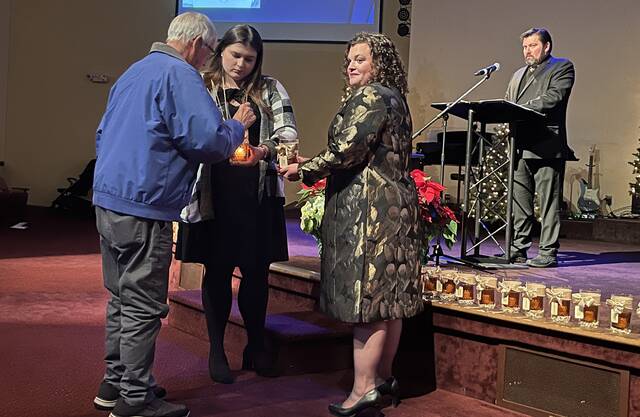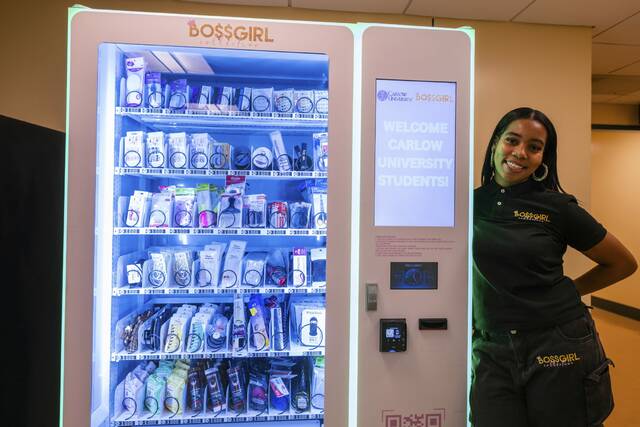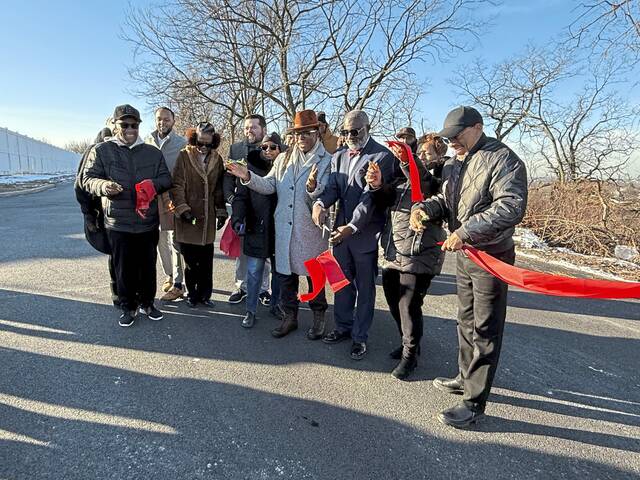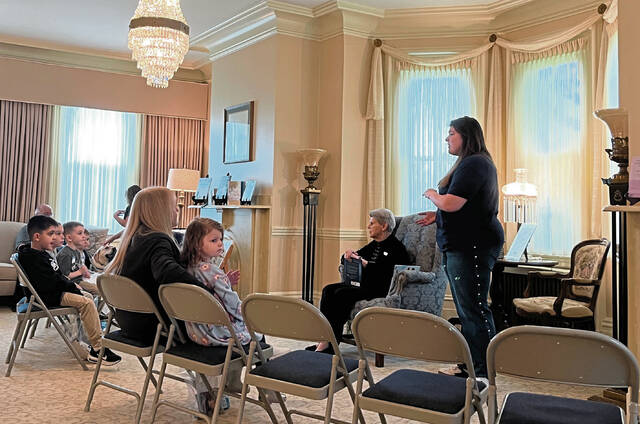Penn Hills will host a town hall meeting to discuss the municipality’s sewage and water bills on July 8.
Rick Minsterman, a project engineer with Gateway Engineers, will lead the discussion with a presentation starting at 7 p.m. in Council Chambers at 102 Duff Road.
Councilman John Petrucci, who is currently running for mayor, said the presentation is part of an analysis he requested from Gateway Engineers at the beginning of the year.
“He’ll go from the beginning – what caused the problems that we’re having today – to where we stand at this point. And it’ll be a history of the sewage system,” Petrucci said.
The municipality has been strapped with ongoing repairs to its sewage system that includes 244 miles of underground sewer lines, 12 pump stations, seven equalization stations and two sewage treatment plants for over a decade.
Penn Hills was placed under a criminal consent decree by the federal Environmental Protection Agency and state Department of Environmental Protection to fix the sewer system.
The consent decree has since been lifted, but the county still remains under a consent agreement with the DEP to continue upgrading its sewage system. Work started in 2008.
Since then, around $36 million has been spent to update the crumbling system, which was mostly installed in the 1950s and 60s. The repairs translate to climbing sewage bills for residents.
Residential sewage rates ranged from $11 to $13 per 1,000 gallons used from 2010 to 2016. In 2017, the municipality’s rate jumped to $17.88 and now sits at $19.37. The rates do not include Allegheny County Sanitary Authority’s yearly increases. The fee currently sits at $9.52 per 1,000 gallons used. In 2010, that number was $4.68. Penn Hills officials have no control over the rates charged by Alcosan.
According to Alcosan, the average customer uses approximately 13,000 gallons of water per quarter.
In April, residents’ service fee of $30 per quarter, paid to the municipality, was lowered to $25 per quarter in an effort to offer some relief. The decrease will save 17,377 residential sewage customers $20 per year.
The municipality has budgeted around $3 million for sewage system repairs between 2018 and 2019.
“I hope everybody shows up and understands what’s going on with it,” Petrucci said of the sewage system.
He hopes the meeting will spark dialogue between residents and officials, as he said there will likely be a time for questions and answers.
As of June 26, Petrucci was unsure if the meeting will be recorded on video.


